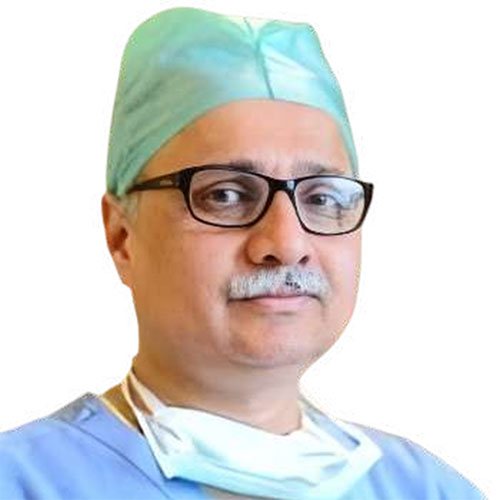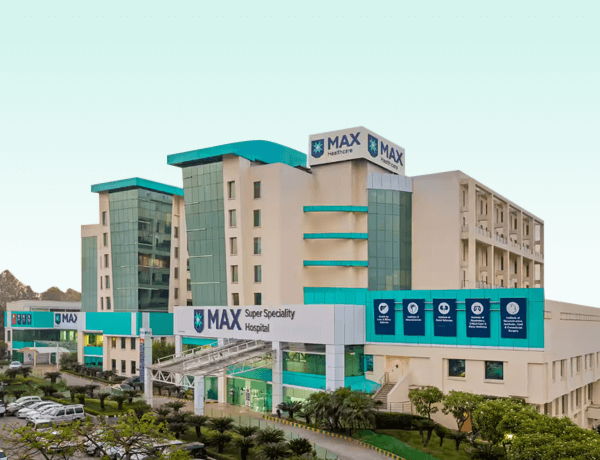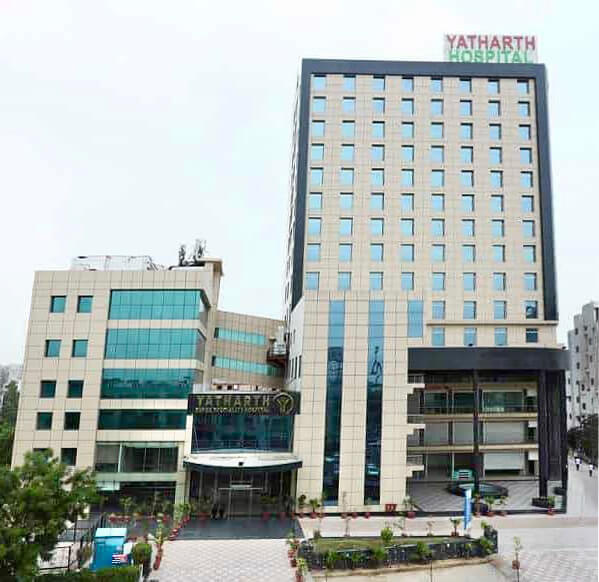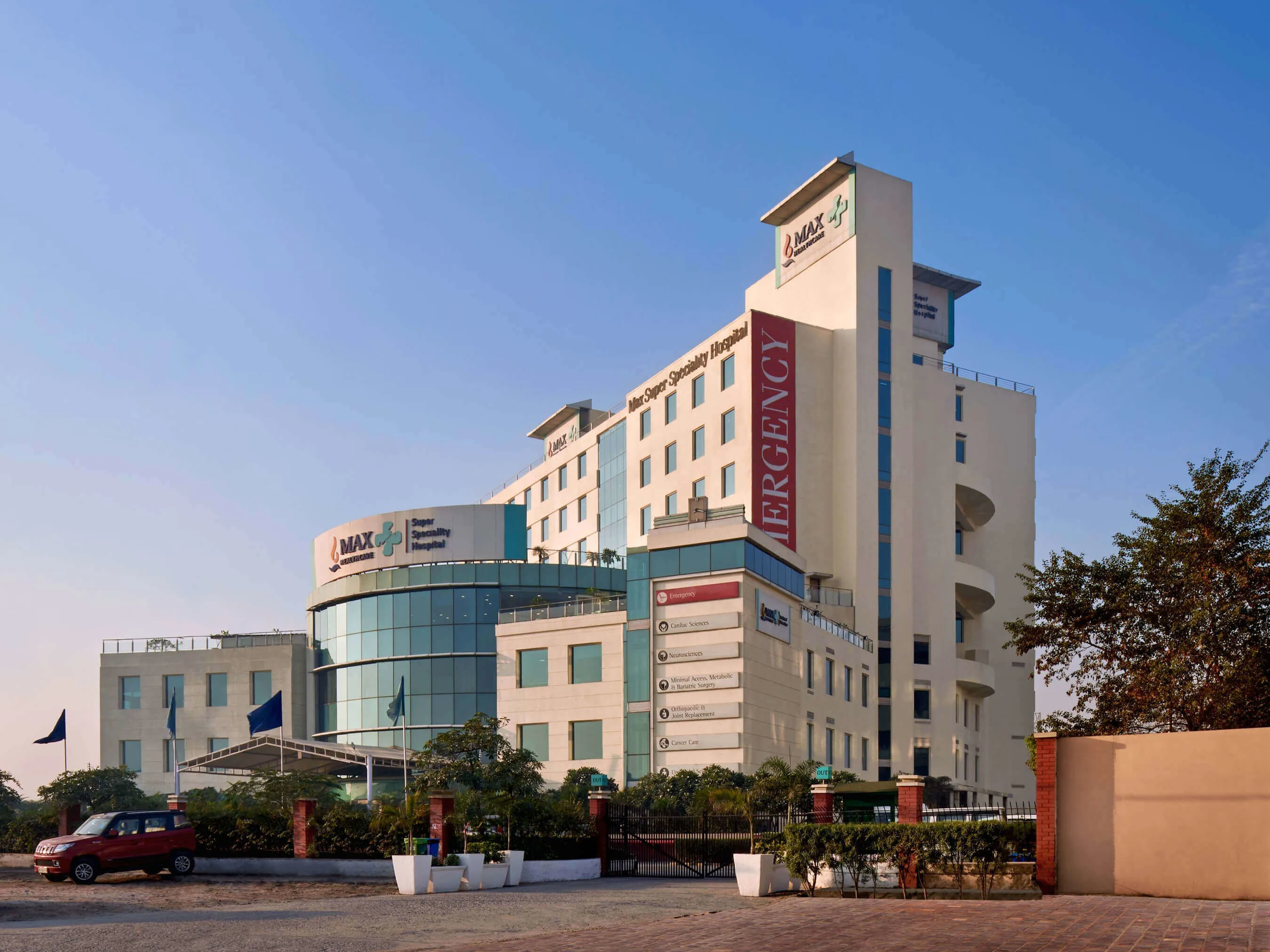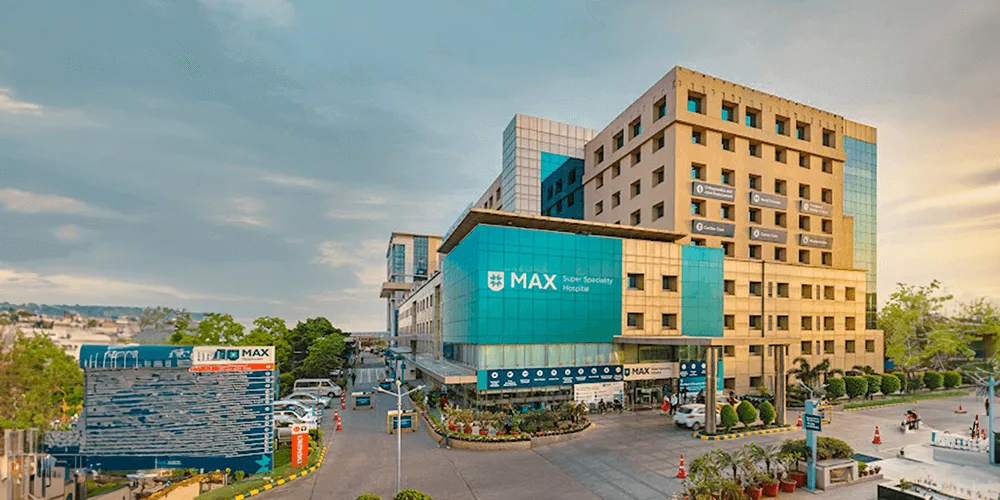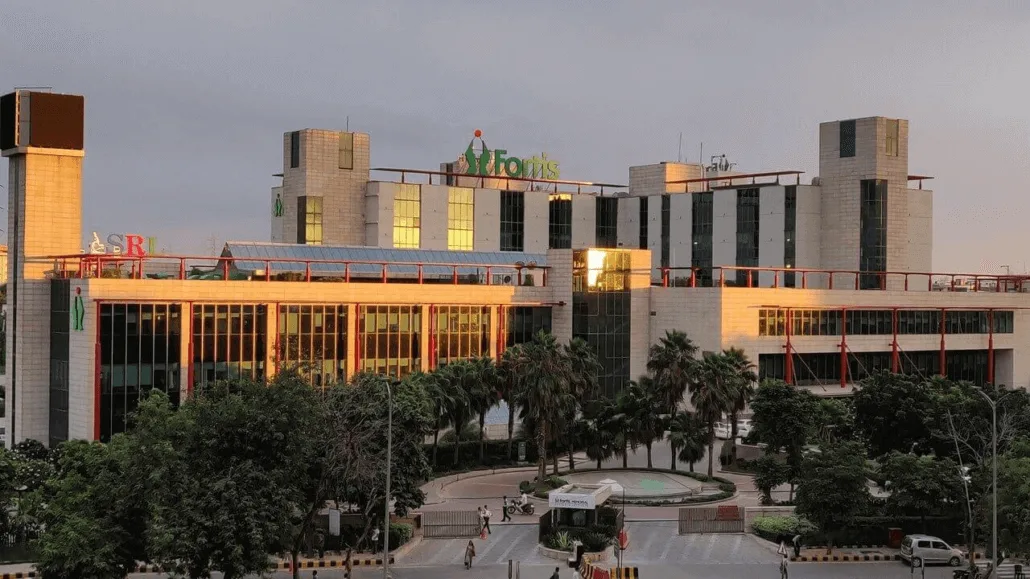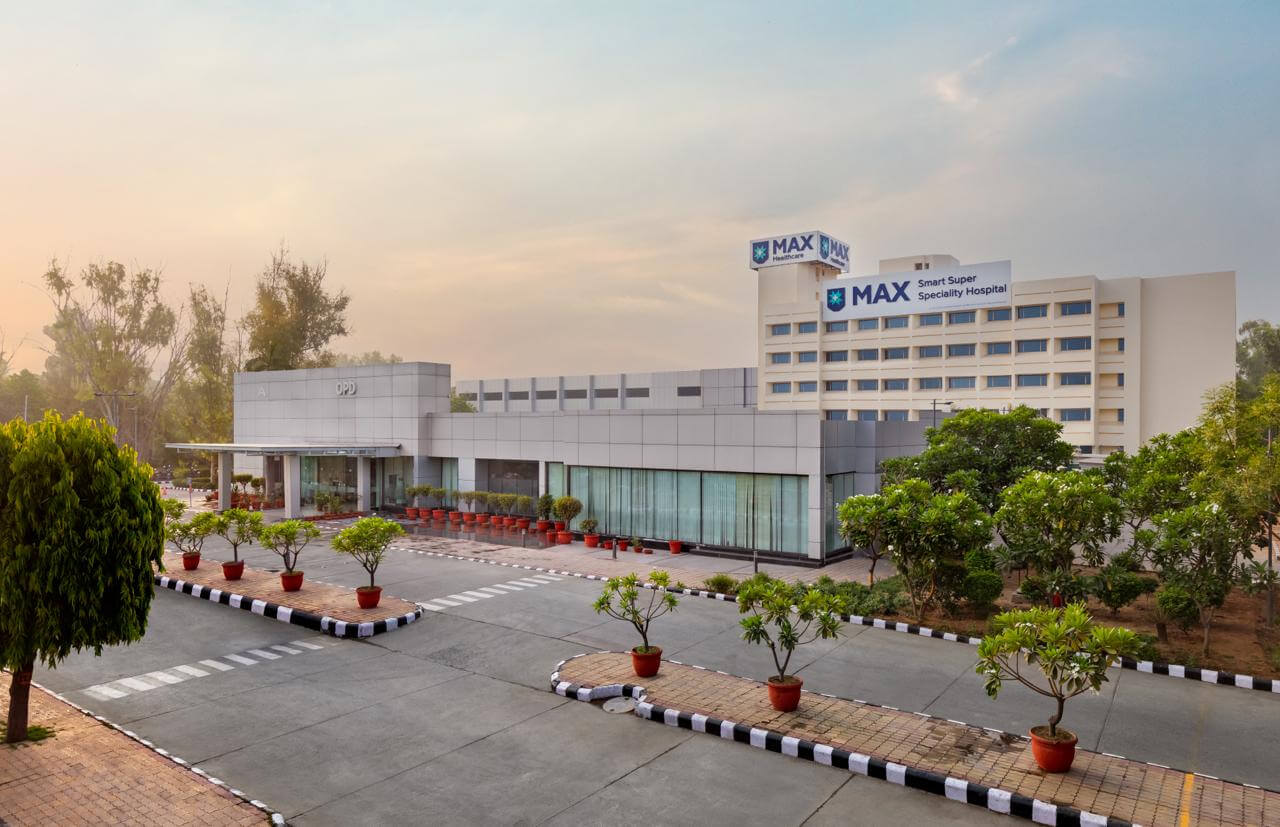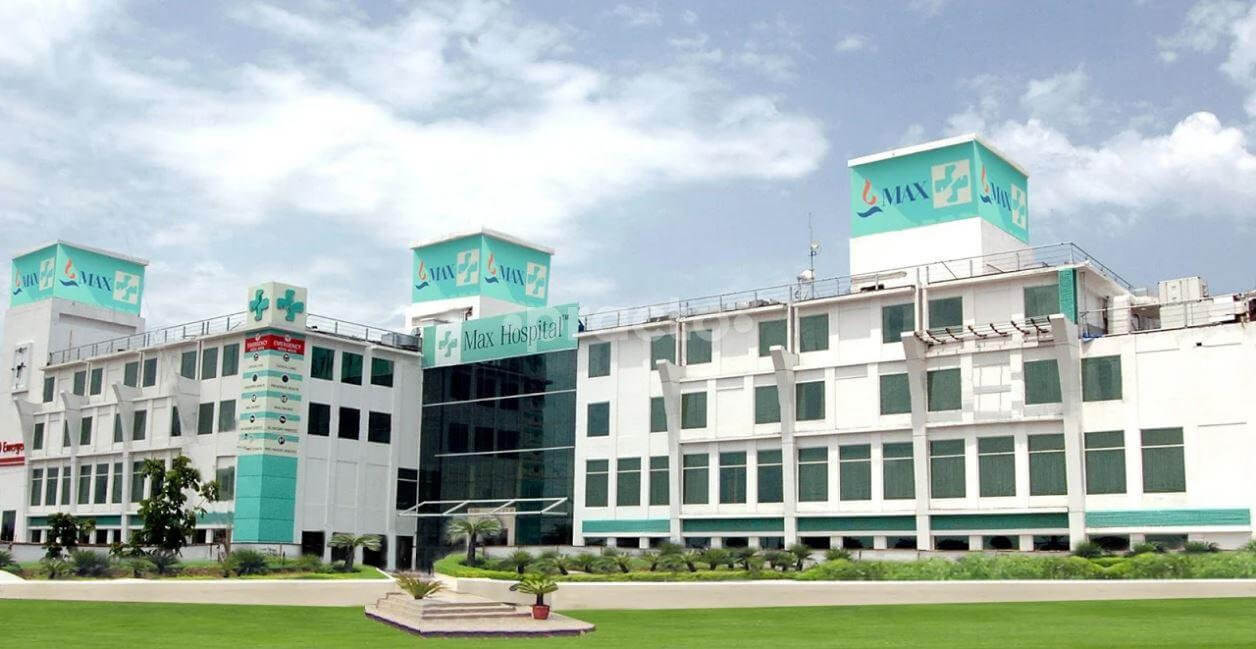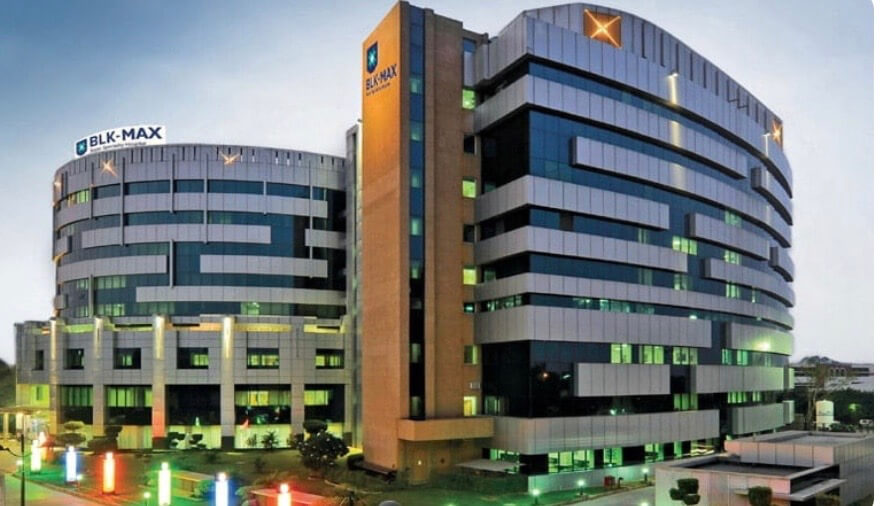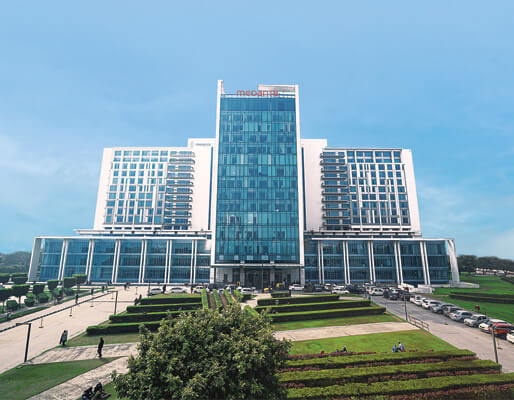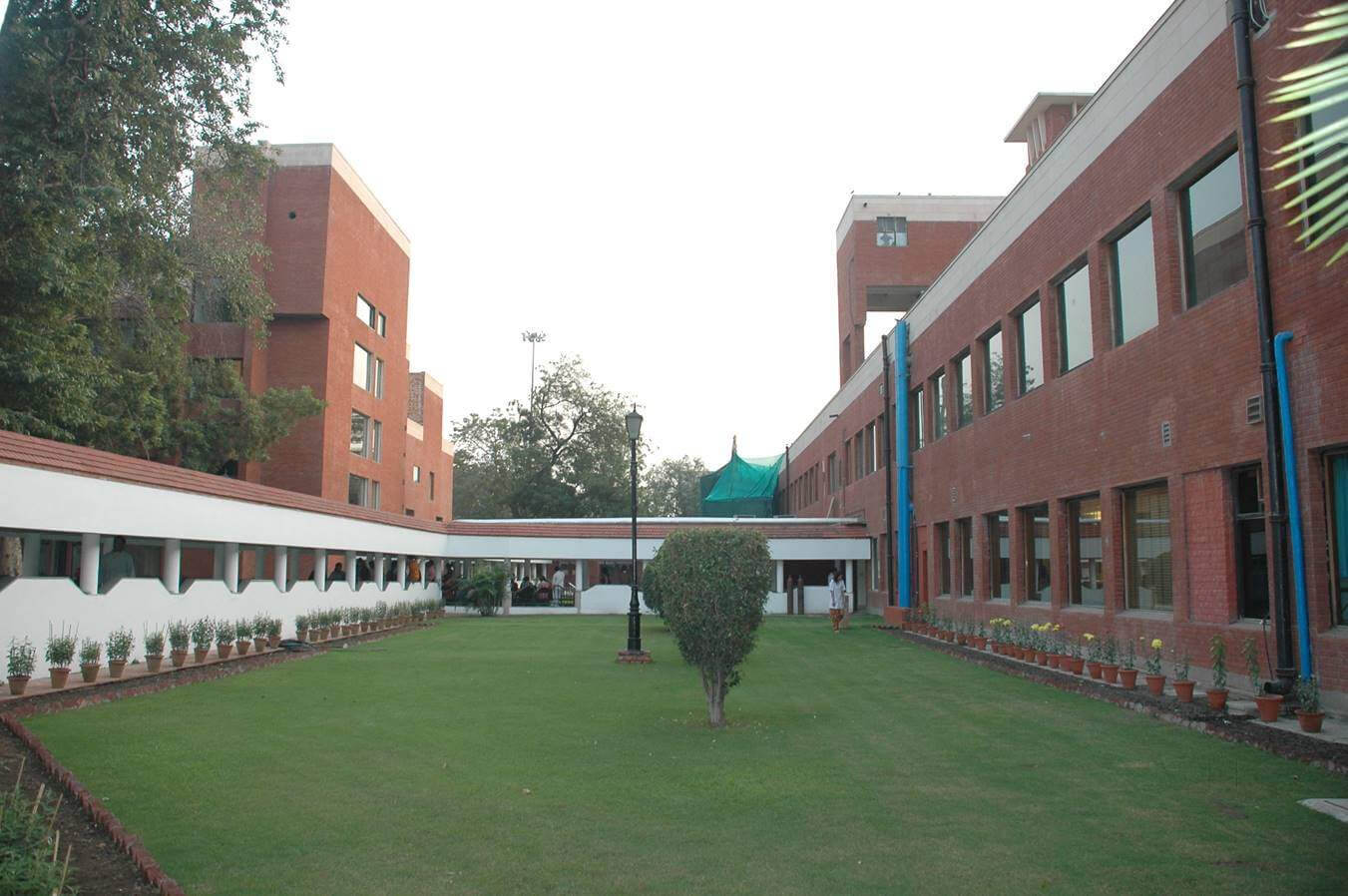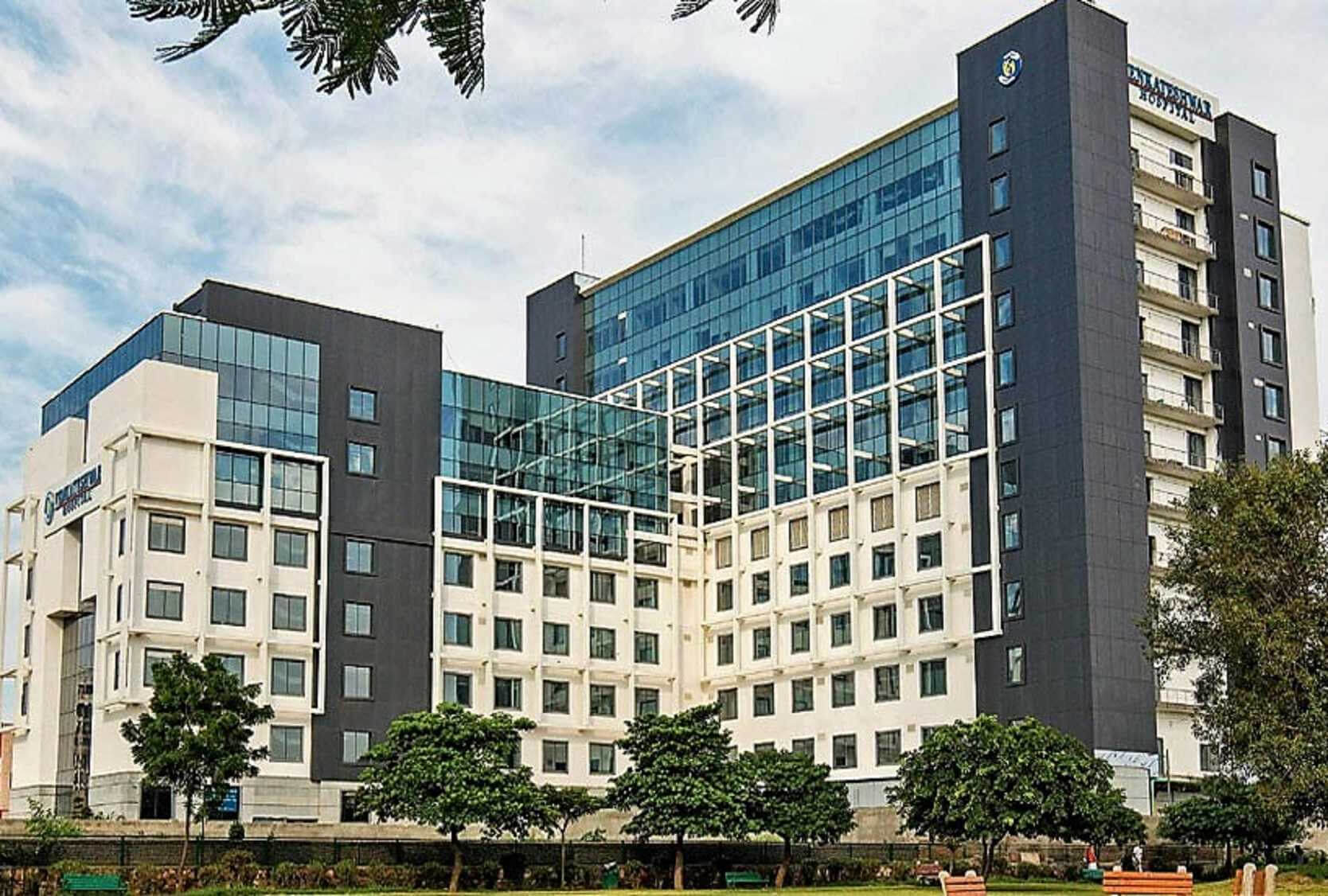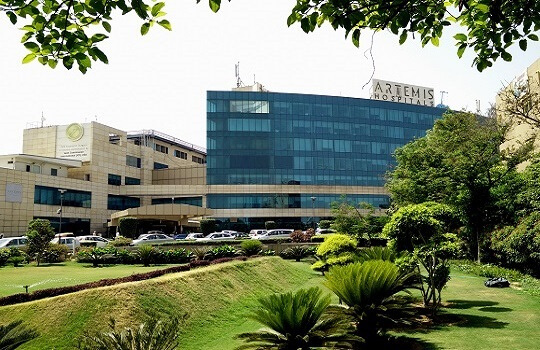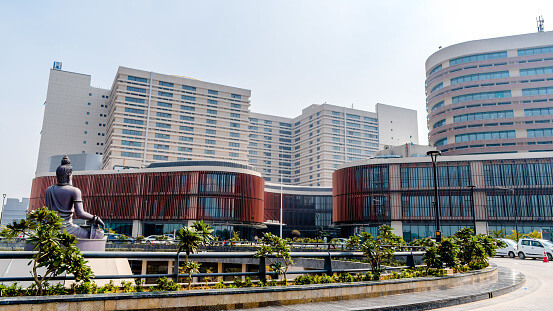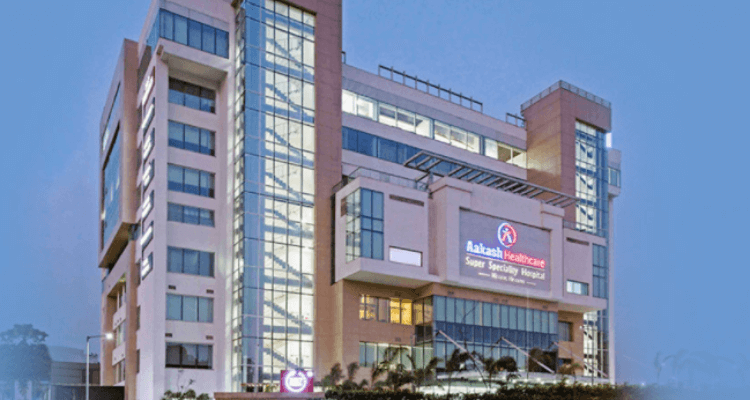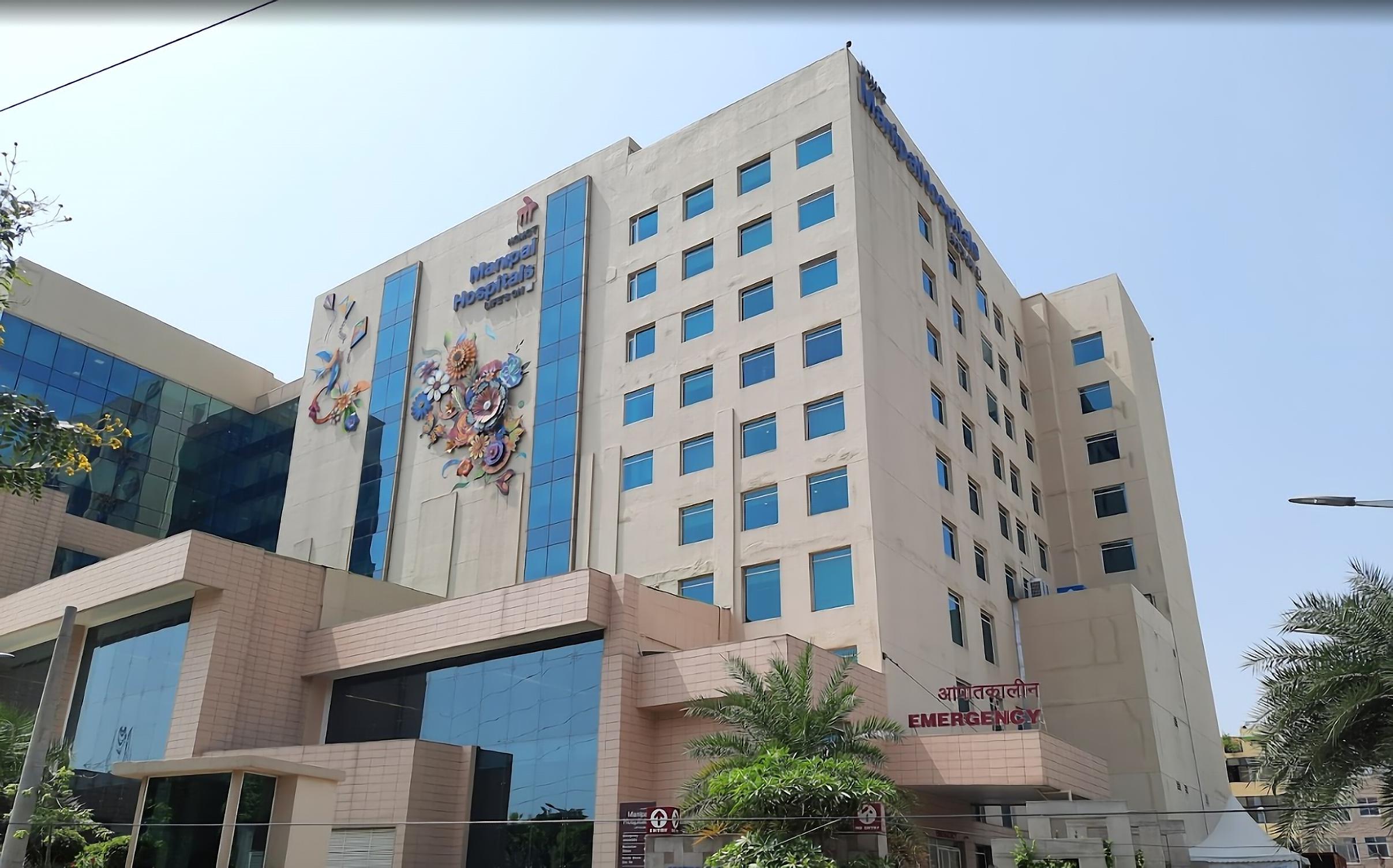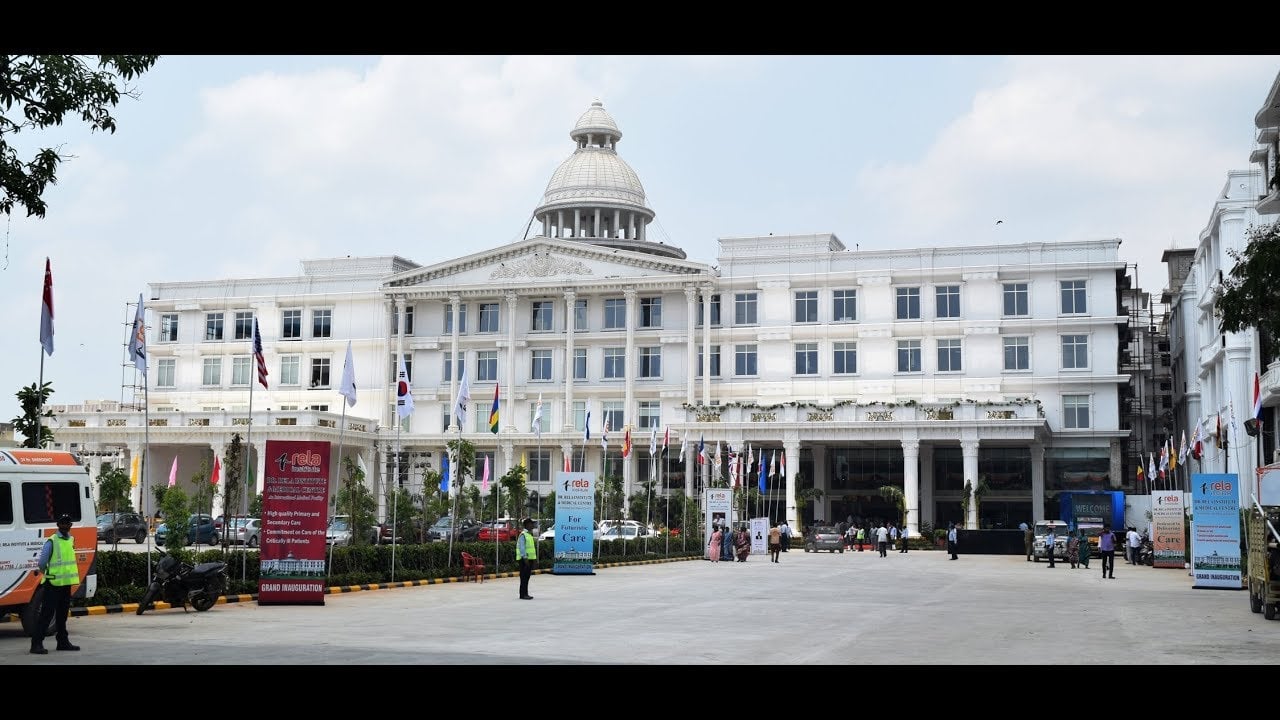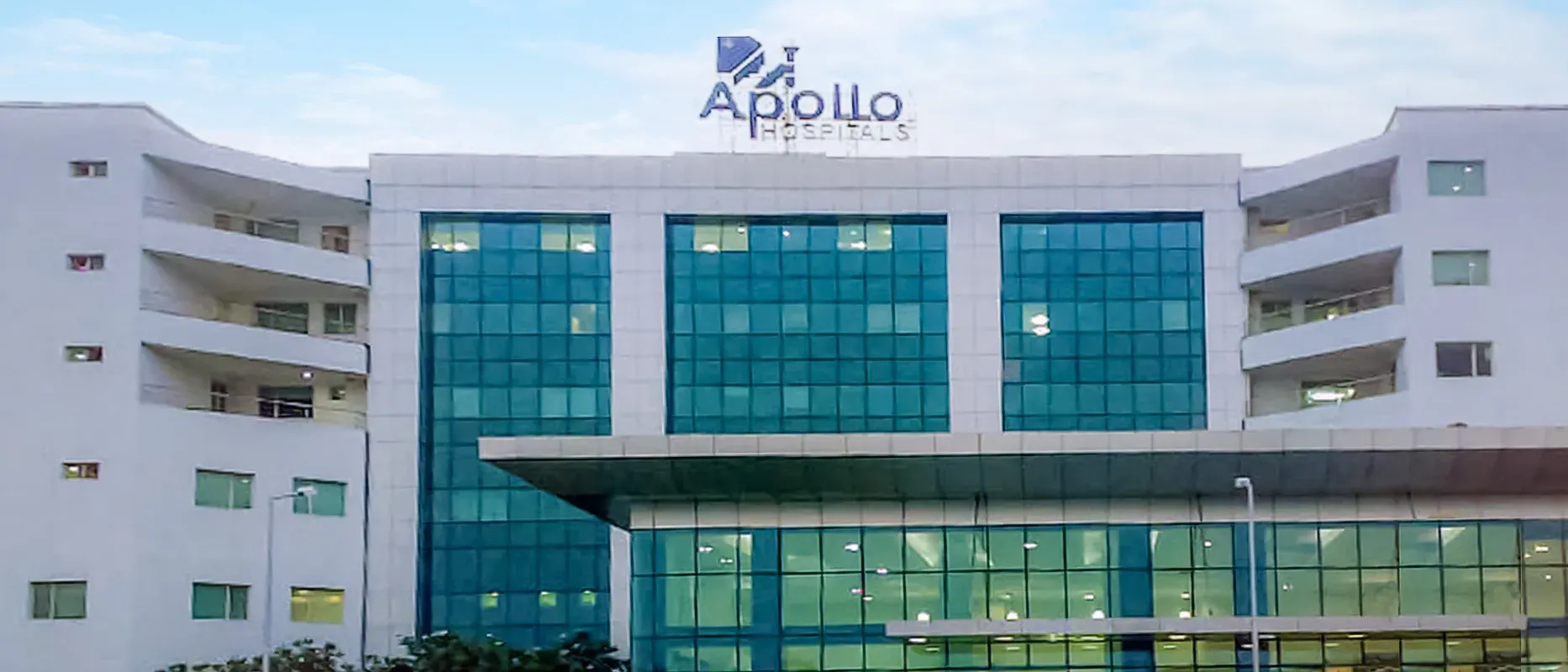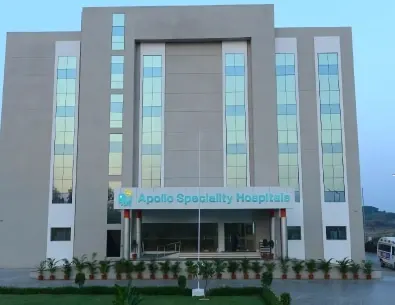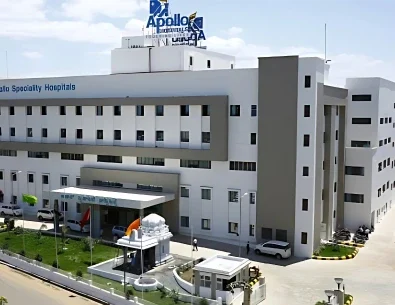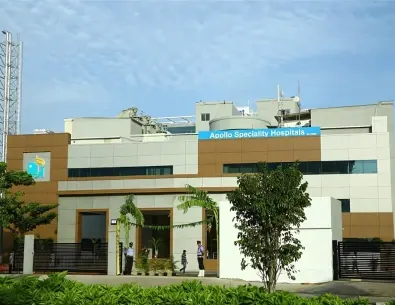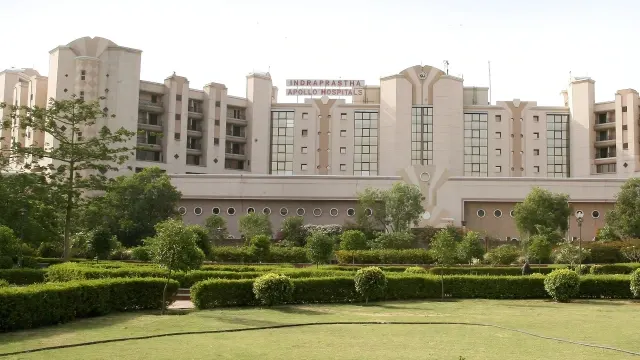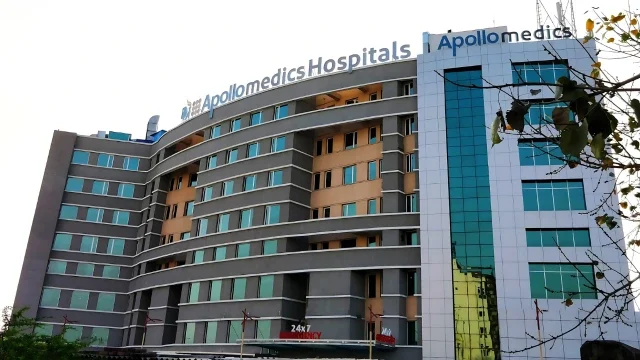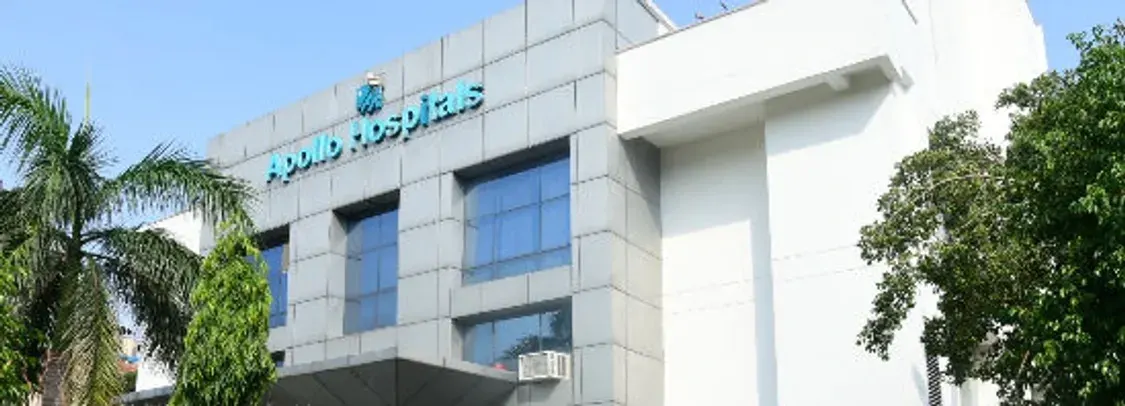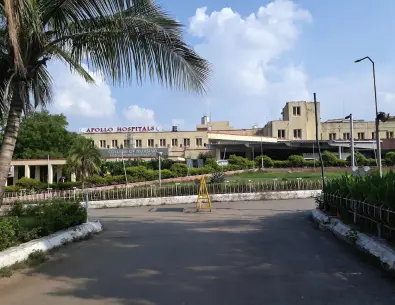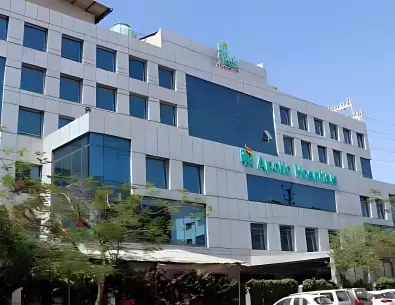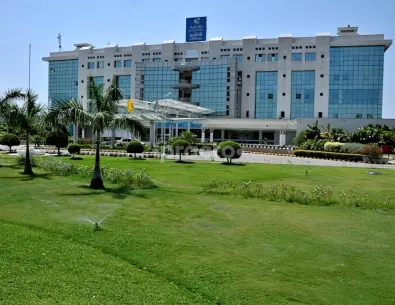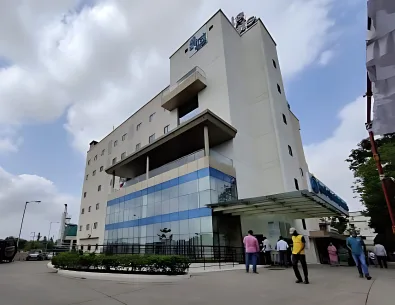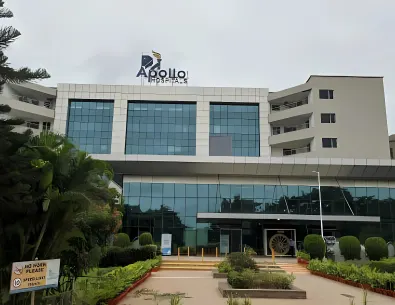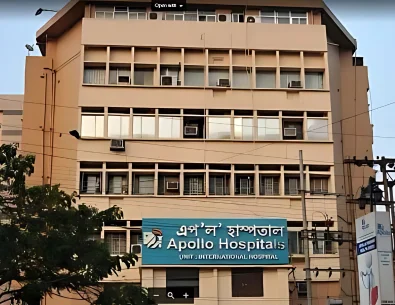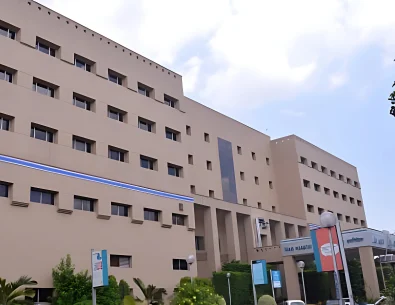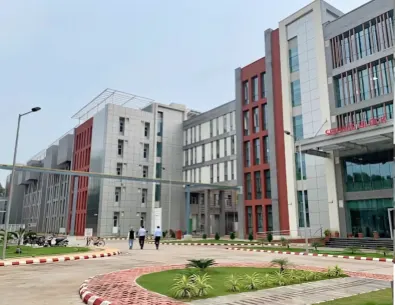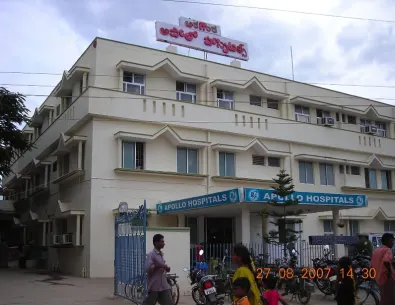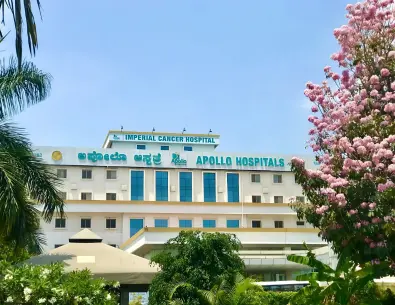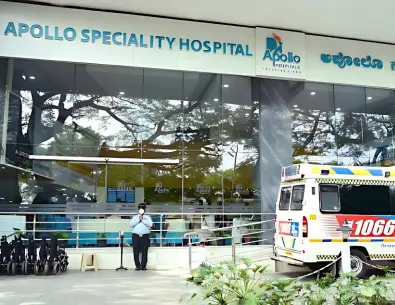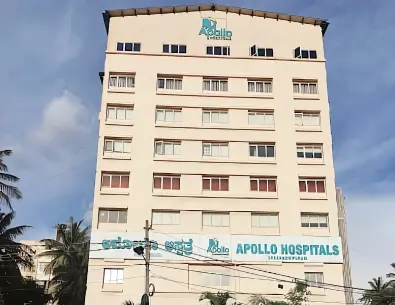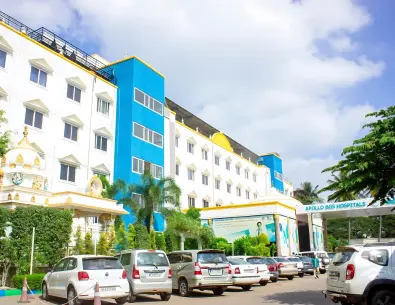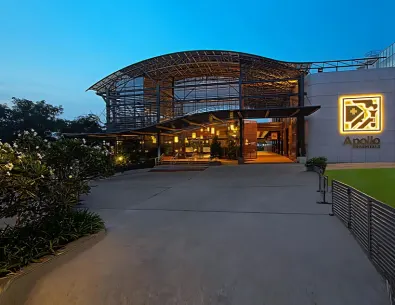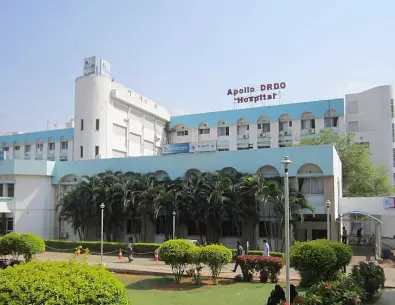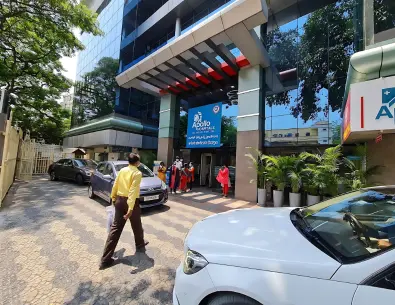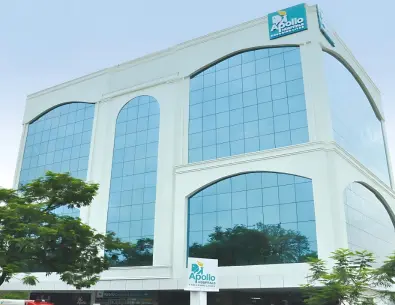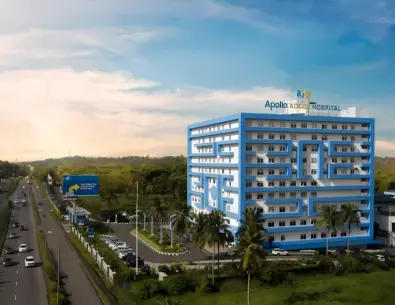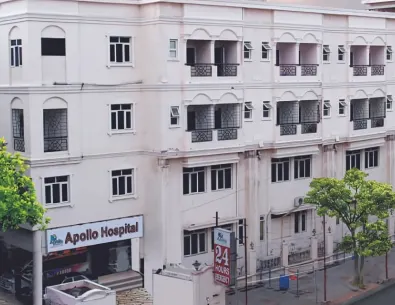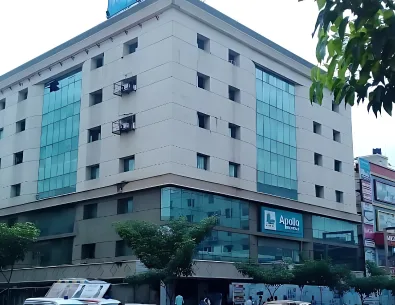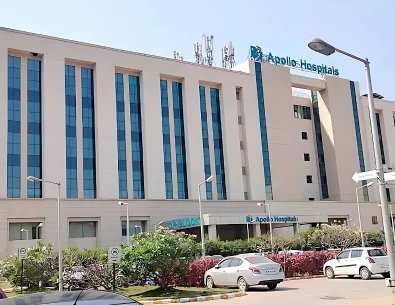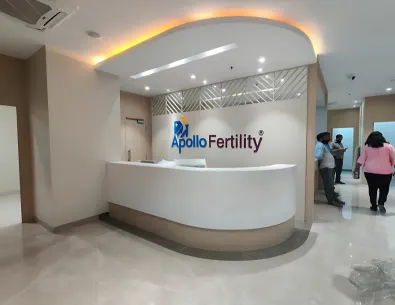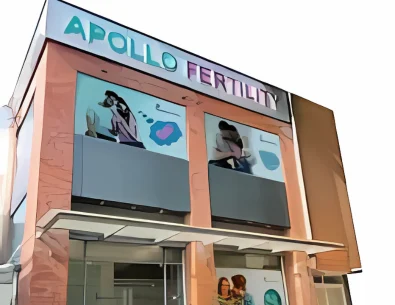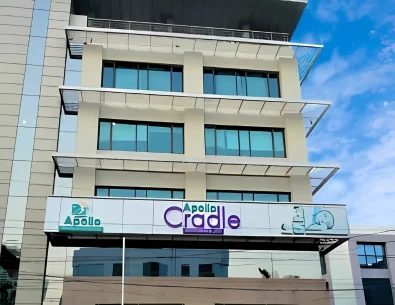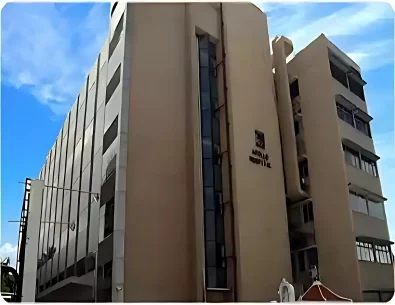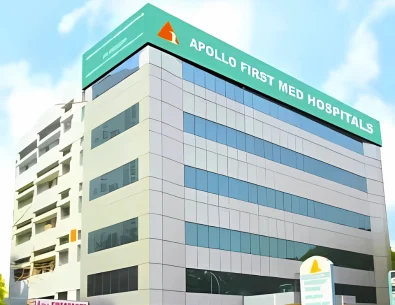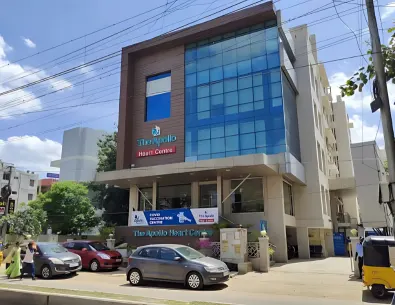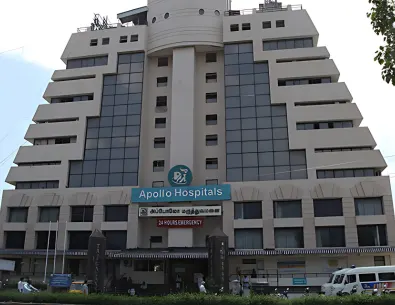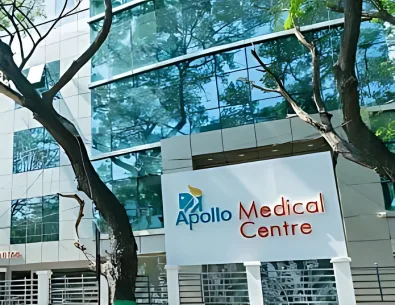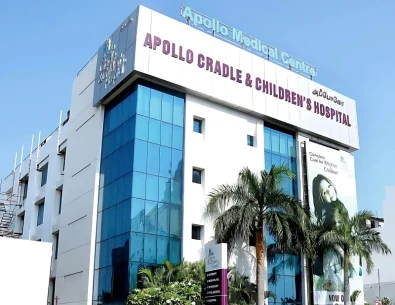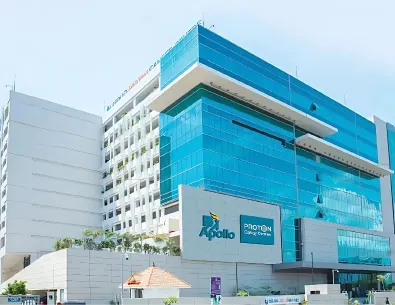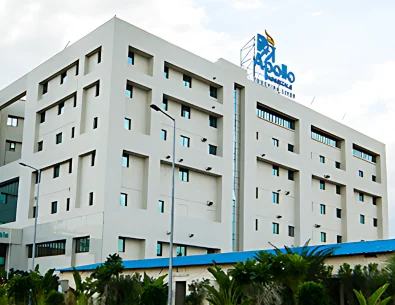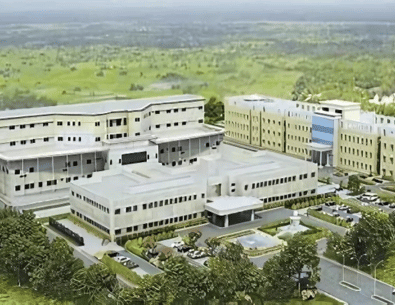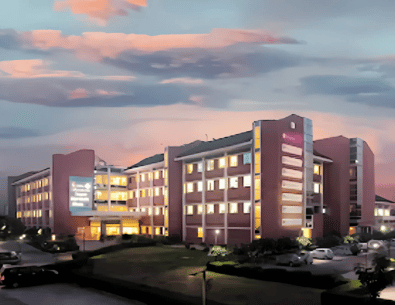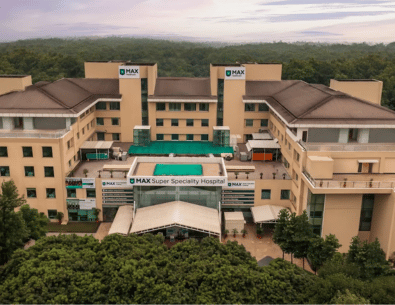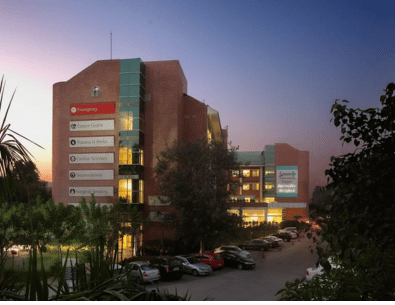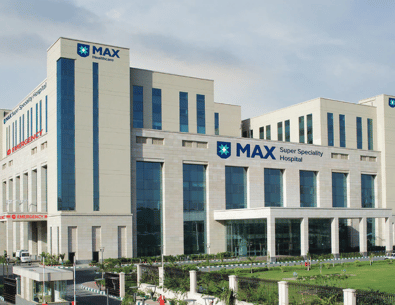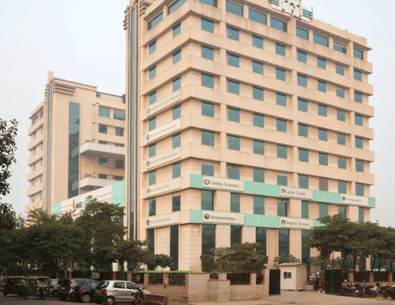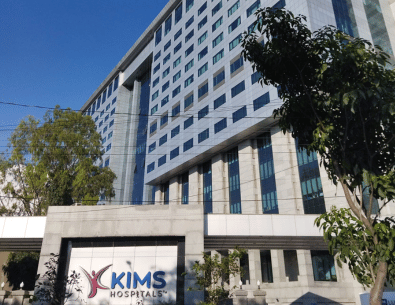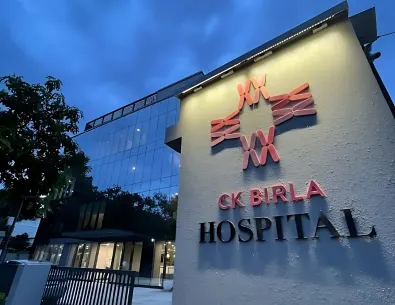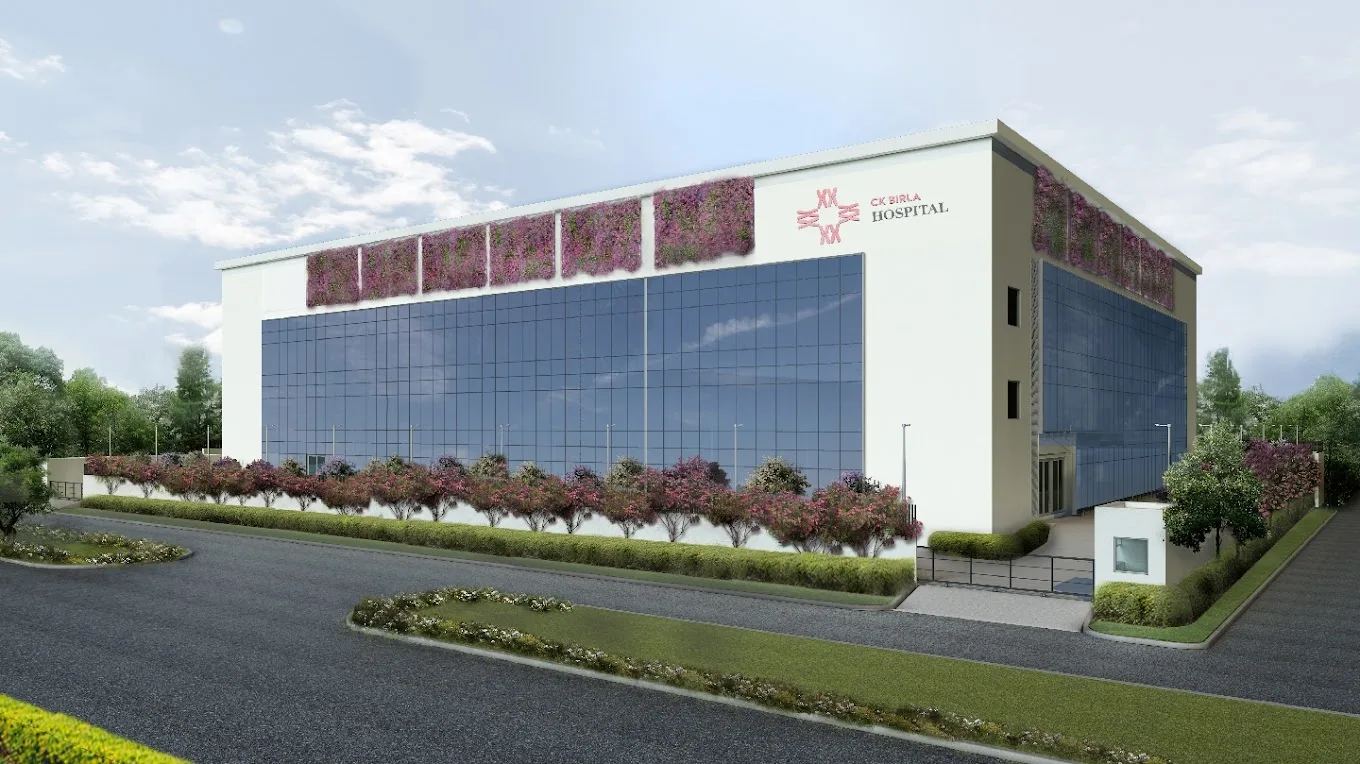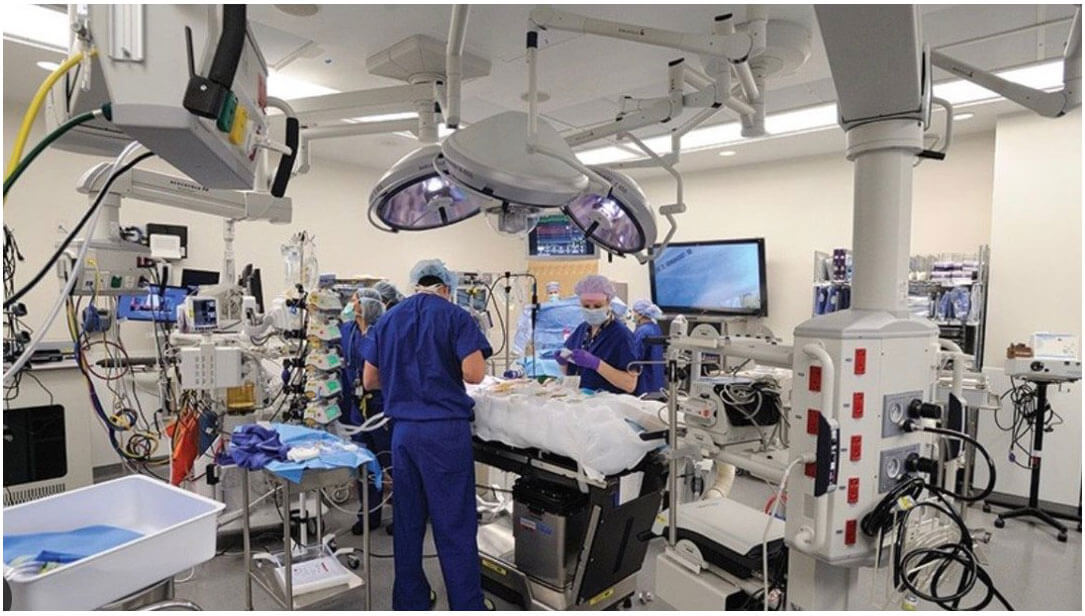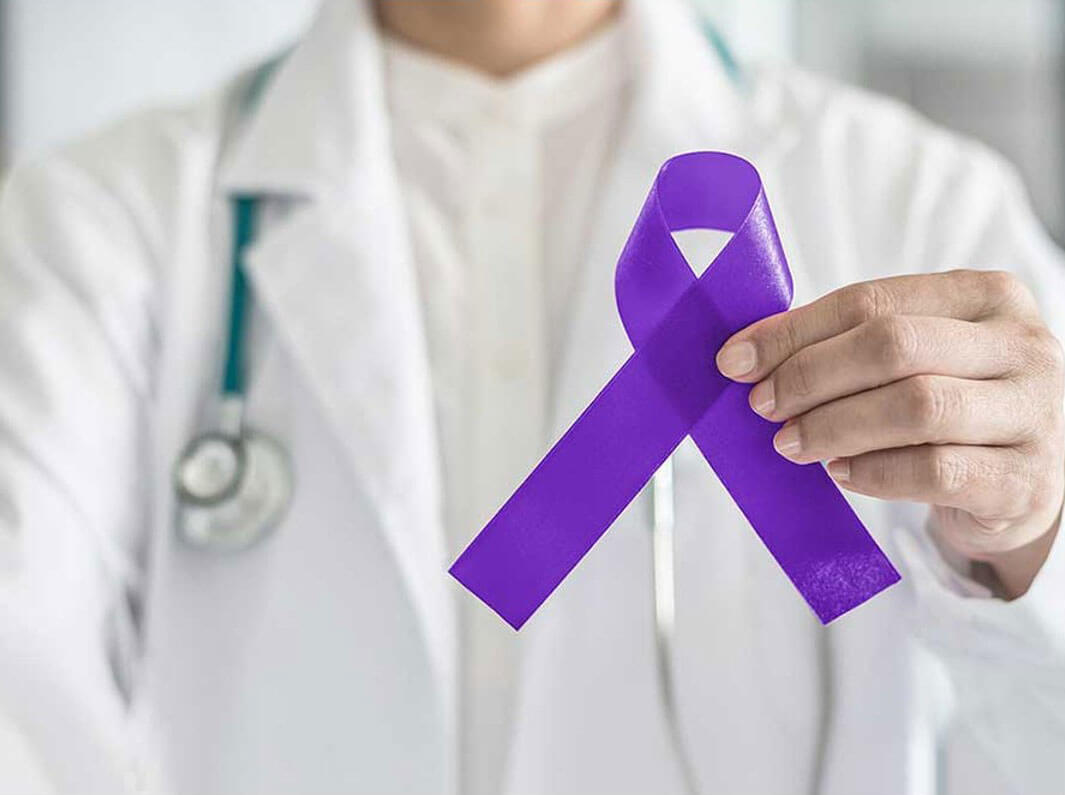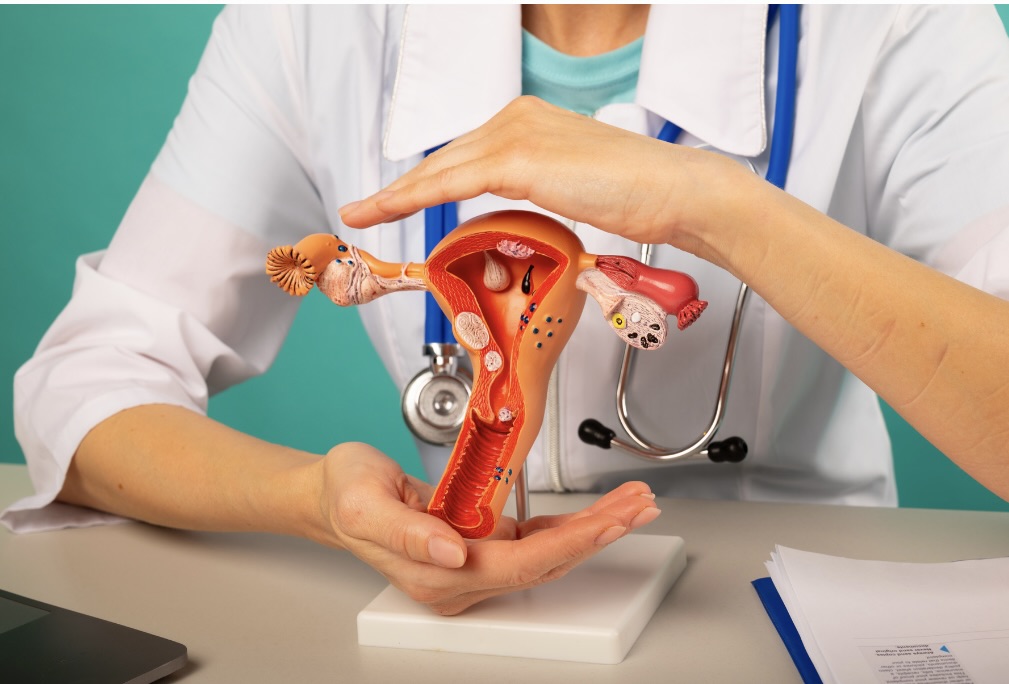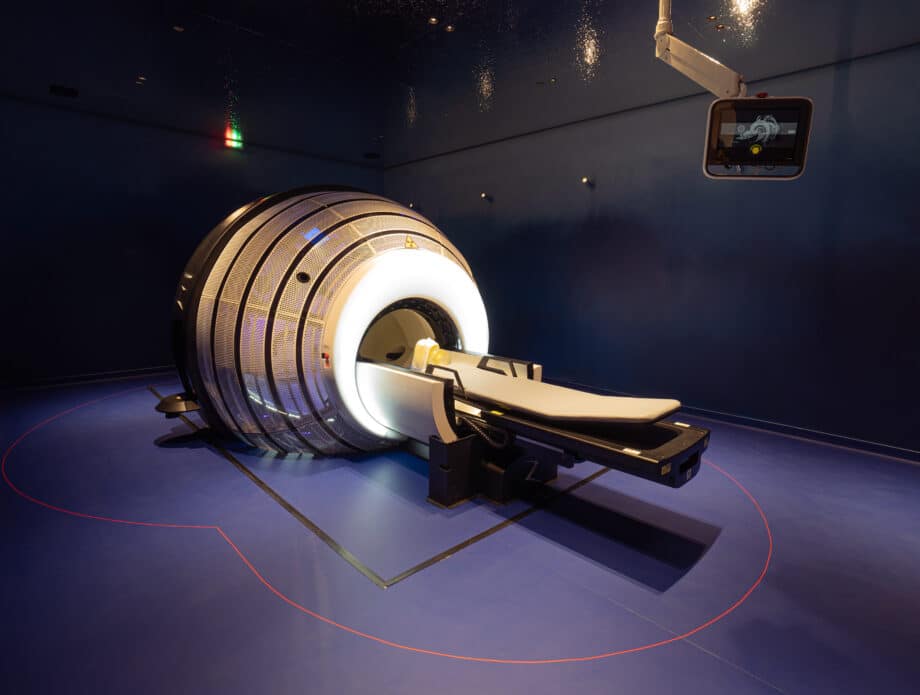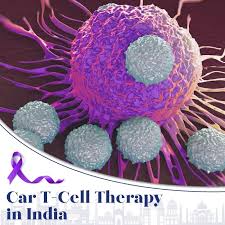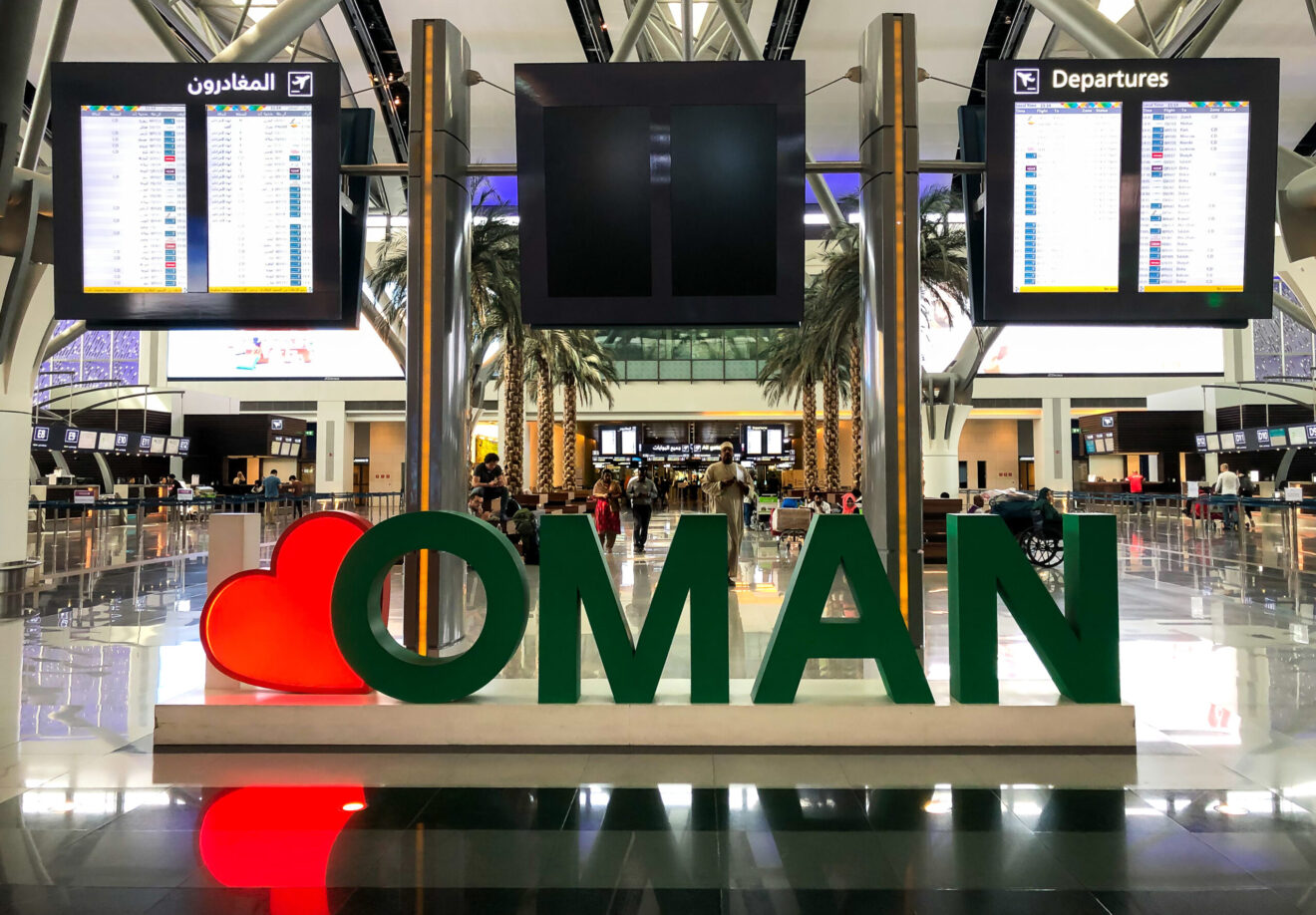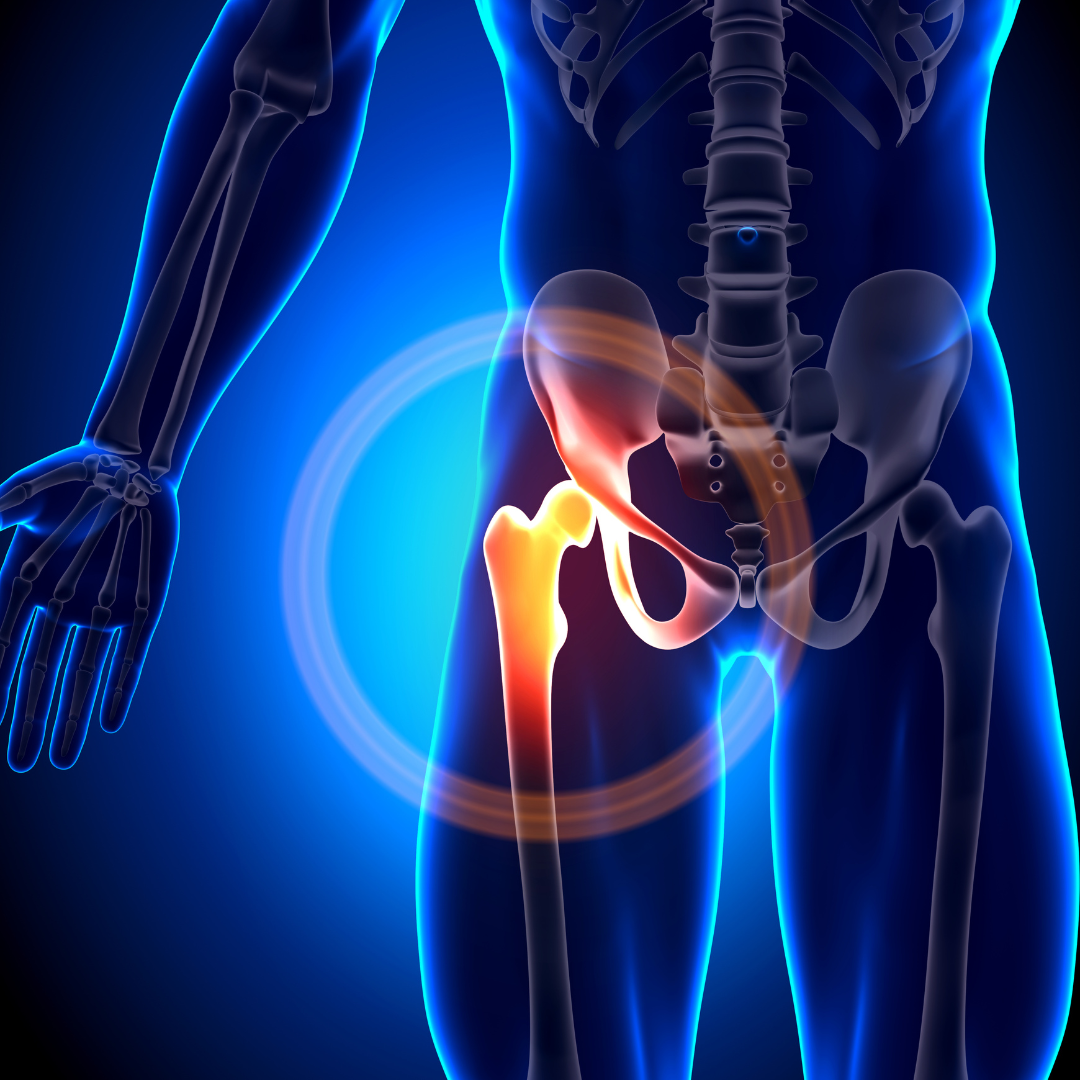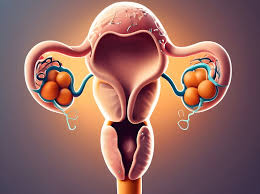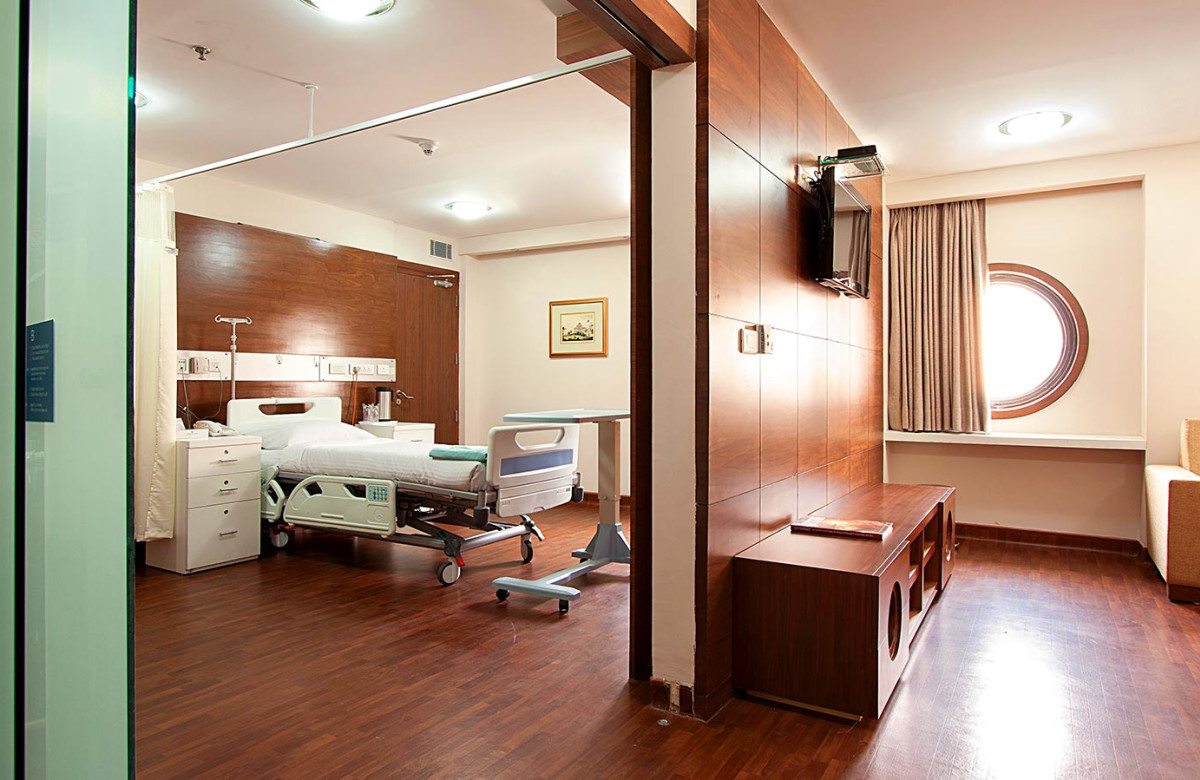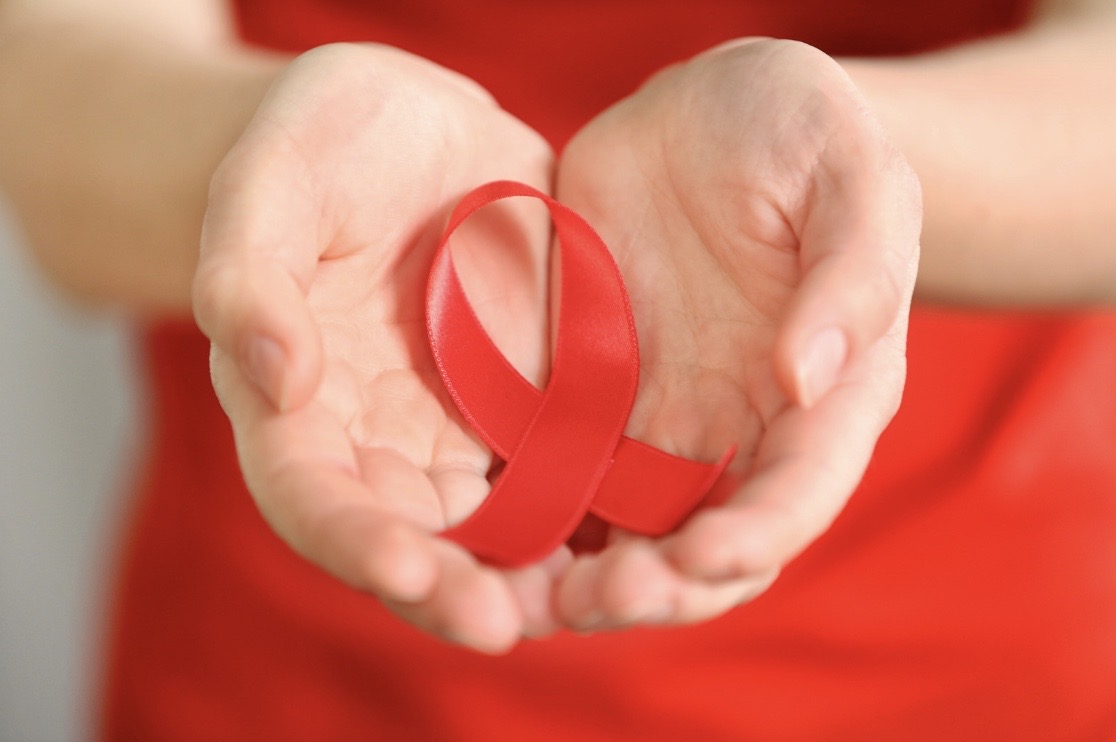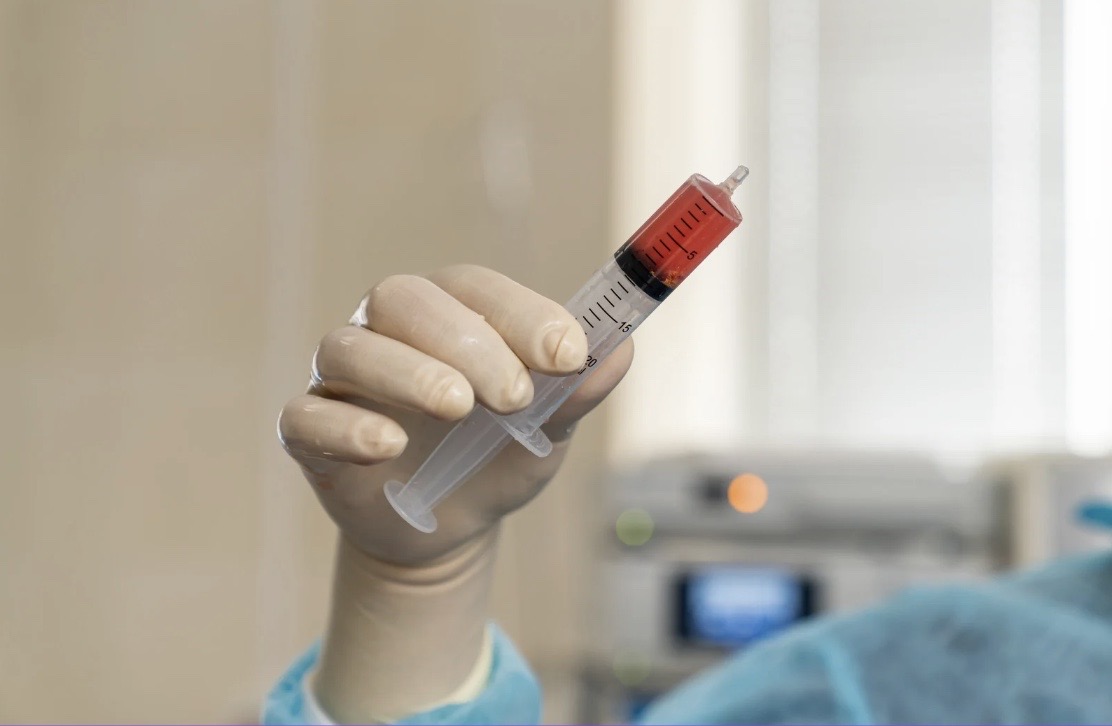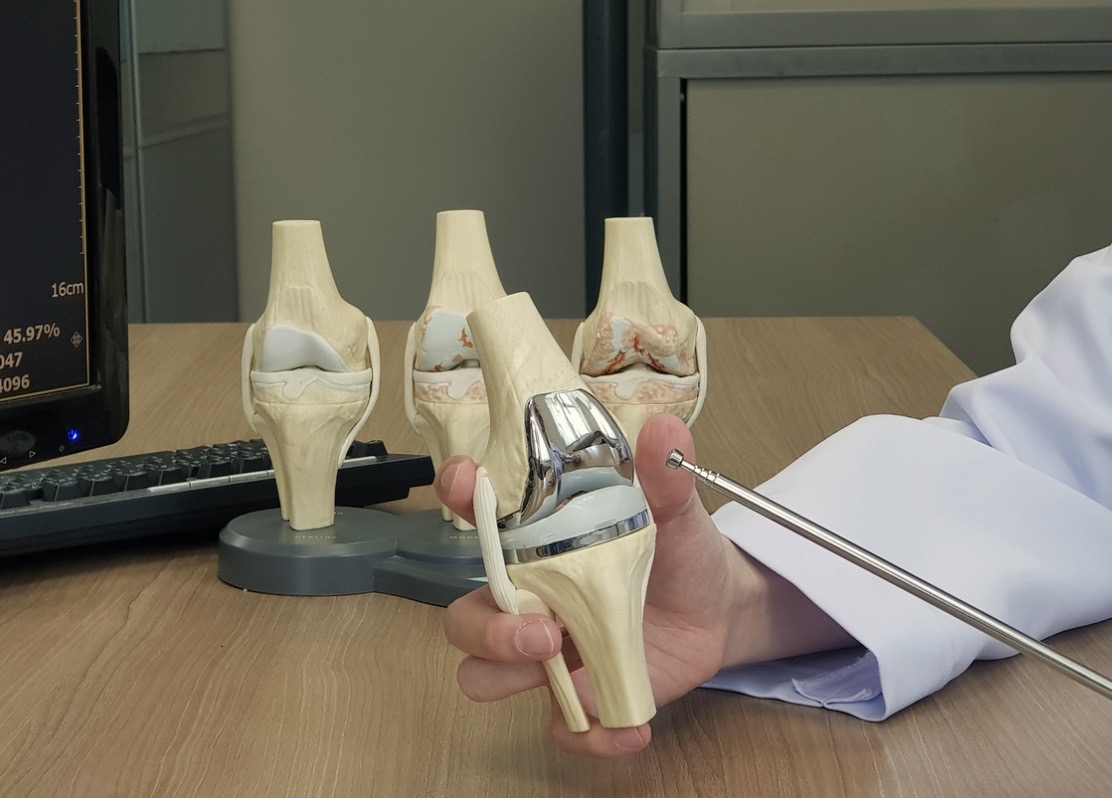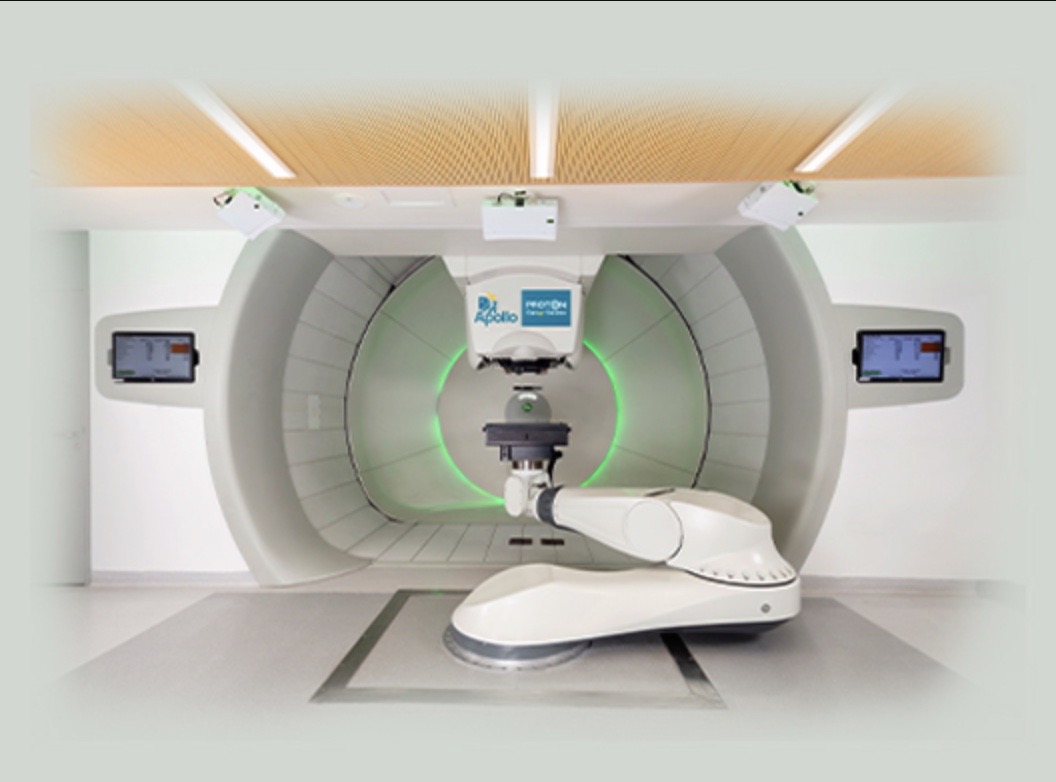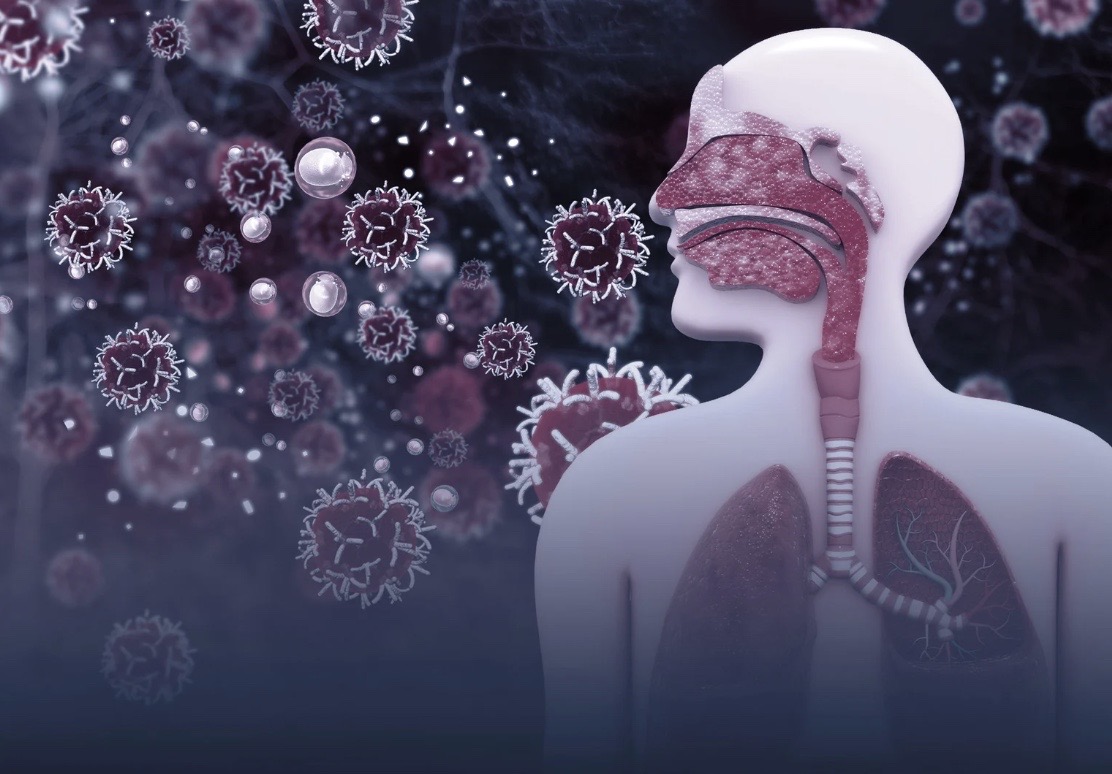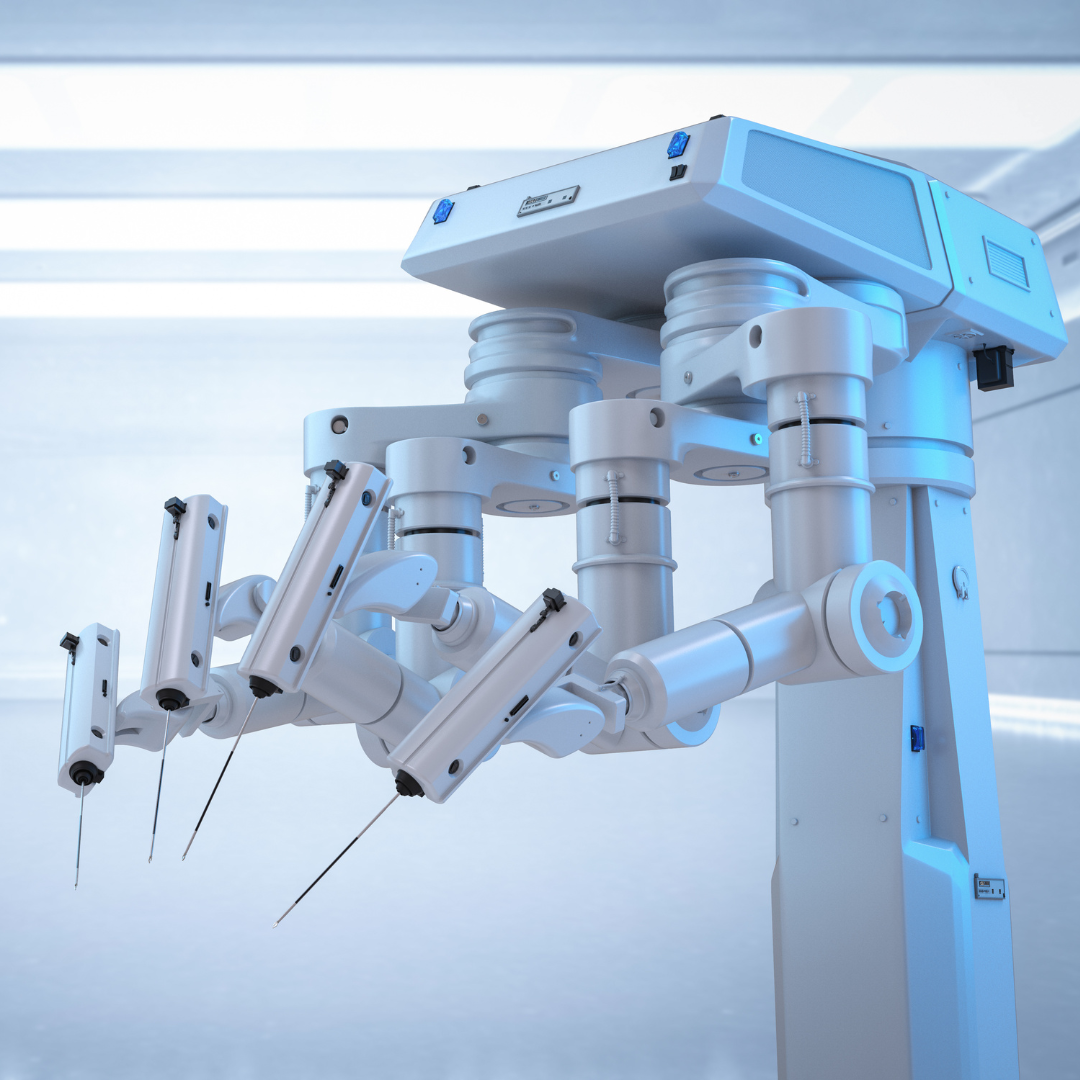Introduction
Anal cancer is a rare type of cancer that begins in the tissues of the anus, the opening at the end of the digestive tract. It occurs when abnormal cells in the anal region grow uncontrollably. While the exact cause is unclear, factors such as human papillomavirus (HPV) infection, a weakened immune system, smoking, and age may increase the risk. Symptoms often include rectal bleeding, pain, itching, and a lump near the anus. Early detection through screenings and diagnostic tests like biopsy, MRI, or CT scans is crucial for effective treatment. Treatment options for anal cancer typically involve a combination of surgery, chemotherapy, and radiation therapy. With timely intervention, the prognosis for anal cancer has improved significantly in recent years.
Cost Comparison
The cost of anal cancer treatment varies widely anywhere in the world, depending on the hospital, the stage of cancer, the type of treatment, the number of therapy sessions required, the patient’s overall health condition, post-operative complications and care, etc. The average cost of anal cancer in India is USD $6000.
But be assured as the cost of Anal cancer in India is just a fraction of developed nations.
- Avg Cost of treatment - $6000
- Maximum cost of treatment - $20000
Factors affecting Cost of treatment
Type of Treatment
- Surgery: Surgical procedures like tumor removal, sphincter-saving surgeries, or more complex surgeries (such as abdominoperineal resection) can vary in cost depending on the complexity and type of surgery. Minimally invasive surgeries (laparoscopic or robotic-assisted) typically cost more due to advanced equipment.
- Chemotherapy: The number of chemotherapy cycles, types of drugs used, and whether chemotherapy is administered in a hospital or outpatient setting can affect the total cost. Newer or targeted chemotherapy drugs tend to be more expensive.
- Radiation Therapy: The type of radiation therapy (e.g., external beam radiation, brachytherapy) can affect the cost. More advanced techniques like IMRT (Intensity-Modulated Radiation Therapy) are generally more expensive.
- Immunotherapy and Targeted Therapy: These newer treatments can be significantly more expensive than traditional chemotherapy due to the use of cutting-edge drugs.
Stage of Cancer
- Early-Stage Cancer: Treatment for early-stage anal cancer typically involves surgery and possibly chemotherapy or radiation, which are less costly compared to advanced stages.
- Advanced-Stage Cancer: Advanced cases of anal cancer often require a combination of chemotherapy, radiation, and surgery, along with longer treatment duration and follow-up care, leading to a higher overall cost.
Treatment options
In India, the treatment of anal cancer is a multidisciplinary approach that typically involves a combination of surgery, chemotherapy, radiation therapy, and sometimes immunotherapy or targeted therapies. The specific treatment plan depends on the cancer's stage, location, and the patient’s overall health. Below are the common treatment options for anal cancer in India:
Surgery
Surgery is a common treatment option for anal cancer, particularly for localized tumors.
- Local Excision: In cases of early-stage anal cancer, the tumor may be removed through a local excision, which involves removing the cancerous tissue while preserving the surrounding healthy tissue.
- Abdominoperineal Resection (APR): For more advanced anal cancers, a more extensive surgery may be required. This involves removing the anus, rectum, and surrounding tissues, followed by the creation of a permanent colostomy (an opening in the abdomen for waste elimination).
- Sphincter-Saving Surgery: In some cases, especially for tumors located in the lower rectum or anus, surgery may aim to remove the tumor while preserving the anal sphincter, thus allowing the patient to maintain normal bowel function.
Chemotherapy
Chemotherapy is commonly used in combination with other treatments to treat anal cancer, especially for cancers that have spread or are at higher risk of recurrence.
- Neoadjuvant Chemotherapy: This is administered before surgery to shrink the tumor, making it easier to remove and potentially improving outcomes.
- Adjuvant Chemotherapy: After surgery, chemotherapy may be used to destroy any remaining cancer cells and reduce the risk of cancer returning.
- Chemoradiation: A combination of chemotherapy and radiation is often used for locally advanced anal cancers, especially when surgery is not a viable option. This treatment has proven to be highly effective in improving survival rates while avoiding the need for a colostomy.
Radiation Therapy
Radiation therapy plays an essential role in treating anal cancer, particularly in combination with chemotherapy (chemoradiation).
- External Beam Radiation Therapy (EBRT): This is the most common form of radiation therapy used for anal cancer. It involves directing high-energy beams of radiation to the tumor site from outside the body.
- Intraoperative Radiation Therapy (IORT): For certain cases, radiation may be delivered directly to the tumor during surgery to target the cancer cells more precisely.
- Brachytherapy: In specific cases, internal radiation (using radioactive sources placed near the tumor) may be used, though it is less common for anal cancer.
Targeted Therapy
Targeted drugs focus on specific molecules or pathways involved in cancer growth. In anal cancer, targeted therapies may be used for patients whose cancer has specific genetic mutations or who have not responded well to chemotherapy. Drugs like Bevacizumab (Avastin) or Cetuximab (Erbitux) may be used in some cases to target the growth of blood vessels feeding the tumor or block specific receptors involved in cancer cell growth.
Immunotherapy
Immunotherapy is increasingly being used in cases of advanced anal cancer, particularly in patients with tumors that have certain genetic characteristics, such as microsatellite instability (MSI) or mismatch repair deficiency (dMMR).
- Checkpoint Inhibitors: Drugs like Pembrolizumab (Keytruda) and Nivolumab (Opdivo) are immune checkpoint inhibitors that help the body’s immune system recognize and attack cancer cells. These treatments are generally reserved for cases of metastatic anal cancer or those that have not responded to traditional therapies.
Palliative Care
For advanced or metastatic anal cancer, palliative care focuses on improving the patient’s quality of life by managing symptoms such as pain, nausea, or bowel obstruction, rather than trying to cure the disease.
- Palliative Chemotherapy and Radiation: These therapies can help control symptoms and reduce tumor size to ease discomfort.
- Pain Management: Medications, including opioids, can help manage severe pain.
- Psychosocial Support: Emotional and psychological support for both the patient and their family members is an important aspect of palliative care.
Clinical Trials
- Clinical trials offer patients access to the latest experimental therapies and treatments that are not widely available. In India, several leading hospitals and cancer centers conduct clinical trials for anal cancer, offering promising new treatment options that could improve survival and quality of life.
Supportive Care
- Nutritional Support: Patients undergoing treatment may require dietary guidance to help them maintain their strength and recover more effectively.
- Rehabilitation: Post-surgery or post-treatment rehabilitation may be required to regain strength and improve quality of life.
- Psychological Support: Counseling, support groups, and mental health services are available to help patients cope with the emotional and psychological aspects of cancer diagnosis and treatment.
How Medotil Global Assists International Patients
Medical Visa Assistance:
- Guides patients through the process of obtaining a medical visa for India.
- Provides necessary documentation support, such as invitation letters from hospitals.
Accommodation Arrangements:
- Helps secure comfortable and affordable lodging near treatment centers.
- Offers a range of options, including guest houses, hotels, or serviced apartments.
Food Services:
- Assists in arranging dietary preferences, including international cuisines and special diets for medical needs.
Transportation Support:
- Provides airport pickup and drop-off services.
- Offers reliable transportation for hospital visits and local travel.
Hospital and Doctor Selection:
- Recommends top hospitals and connects patients with experienced specialists in their specific condition.
- Ensures access to advanced medical treatments and technology.
Tourism Services:
- Organizes visits to famous tourist attractions like the Taj Mahal, Jaipur, Kerala, and other cultural landmarks.
- Tailors travel plans based on patient preferences and recovery needs.
24/7 Support:
Provides round-the-clock assistance for any queries or emergencies during the stay in India
Blogs
FAQs
This is just dummy answer
This is just dummy answer
This is just dummy answer




